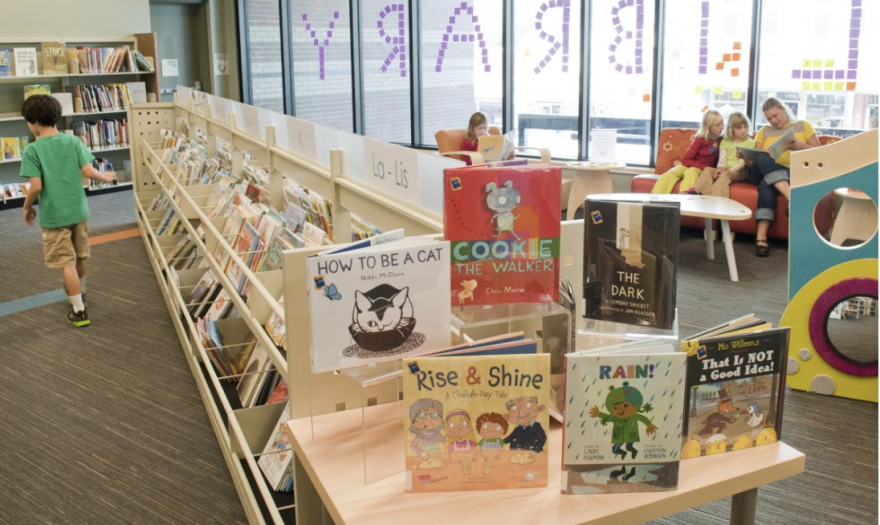If you want to go to a library in Garfield County on Sunday to check out a book or use a computer, right now you’re out of luck. Branches in Carbondale, Glenwood Springs, Rifle, Parachute, New Castle and Silt have cut hours and staff in recent years after losing revenue.
They’re looking to make up financial ground with Garfield County ballot issue 6A, which would increase property taxes to raise revenue for libraries.
What is ballot issue 6A?
It's a mill levy -- a property tax -- that would generate about 4 million dollars per year for Garfield County Libraries. They say that would help them make up for about 2 million dollars that they’ve lost since 2015.
6A also asks voters to waive any restrictions TABOR, or the Taxpayers Bill of Rights, places on their revenue. TABOR requires special governmental districts, like libraries, to give back money if their revenue grows faster than that law says it can.
Why has the library lost that much revenue?
It comes down to TABOR and another Colorado tax law called the Gallagher amendment, which says, statewide, property taxes can only generate a certain amount of revenue.
Brett Lear is the executive director of Garfield County libraries. He says even though overall home values in the state are going up, with the limits that TABOR and Gallagher put in place, the amount of property tax that a governmental entity can levy may actually go down.
The shortfall has meant that the libraries have cut about a third of their staff, close on Sundays open later in the mornings and close earlier in the evening. each morning and close early in the evening.
Lear says that’s had consequences.
"You know some residents in the county have really completely lost access to their libraries because when they go to work in the morning, [the library is] still closed, and as they’re driving home in the evening, they’re closed, so it’s really been a problem for some families," he said.

What happens if 6A passes?
The libraries will be open for more hours and, eventually, on Sundays. The money would also go toward materials; new books, computers and streaming services.
6A would also enable more programming, like homework assistance for students, job training and classes for seniors.
If it doesn’t pass, Lear says, people will most likely see continued cuts to library hours and staff.
What’s the opposition saying?
At this point, there’s not an organized voice against 6A, although Lear says he does hear from people who say they just can’t afford any more taxes right now.
Last year, the Garfield County libraries did see a measure passed that allowed them to keep sales tax that they otherwise would have had to return because of TABOR and Gallagher. That wasn’t a tax increase, though; it just meant property owners didn’t get a refund of a few dollars or so each year.
Proponents of TABOR and Gallagher say they limit the growth of government and encourage responsible spending. 6A advocates say that the ballot issue stipulates that an oversight committee will make sure the money is being managed and going to exactly what the ballot language says it will go to.
This year’s election is on November 5. Early voting opens October 28.








